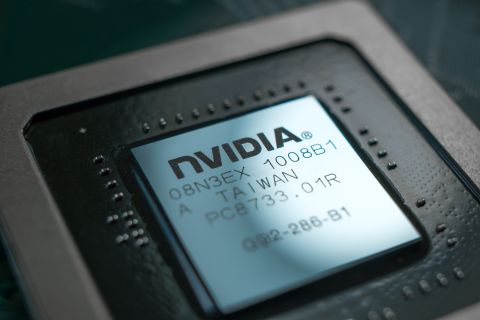ALBAWABA - Taiwan Semiconductor Manufacturing Company (TSMC) and the U.S. Department of Commerce have reportedly reached a $6.6 billion financing deal to promote local semiconductor manufacturing.
The agreement, marks the first major award of the $52.7 billion CHIPS and Science Act of 2022, and considered a significant step in strengthening American semiconductor security and lessening dependency on foreign chipmakers, according to CNA.
This agreement comes just weeks before President Elect Donald Trump, a loudly spoken critic of the CHIPS Act as CNBC reports, returns to the White House.
“Today’s final agreement with TSMC, the world’s leading manufacturer of advanced semiconductors, will spur $65 billion in private investment to build three state-of-the-art facilities in Arizona,” President Biden stated.
The initiative is anticipated to establish the US as a center for advanced technology and generate around 6,000 high-tech jobs in manufacturing, CNA reports.
The funding deal includes $5 billion in low-interest loans, which will be paid out to TSMC when project milestones are met, according to CNBC. As per the deal, TSMC has committed to a profit-sharing plan with the US government and to cease stock buybacks for a period of five years.
TSMC aims to spend $65 billion on developing three cutting-edge fabs in Arizona. Production at the first of these fabs is expected to start by 2025, with other facilities to follow through 2030. These plants will manufacture state-of-the-art 2-nanometer semiconductors that will power driverless cars, quantum computing, and artificial intelligence.
Commerce Secretary Gina Raimondo highlighted the strategic importance of the deal, saying “This is not just about chips; it’s about our national security,” adding that the deal attempts to address the vulnerability of the US’s existing lack of local production of advanced semiconductors.









